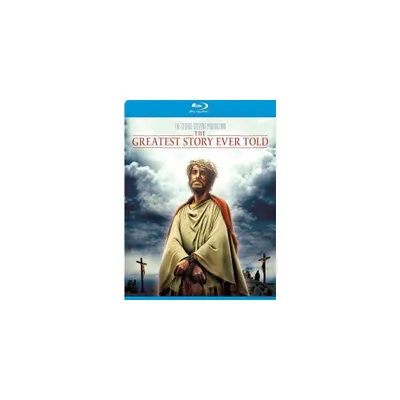Home
Greatest Story Never Told
Loading Inventory...
Barnes and Noble
Greatest Story Never Told
Current price: $17.99


Barnes and Noble
Greatest Story Never Told
Current price: $17.99
Loading Inventory...
Size: OS
*Product Information may vary - to confirm product availability, pricing, and additional information please contact Barnes and Noble
On his 26th album in a career 30 years long,
John McCutcheon
(who is "pushin' 50," as he notes in
"When I Grow Up"
) devotes many of his reflections to the passage of time.
"The Greatest Story Never Told"
is a history lesson devoted to the masses of people who actually make history, but whose names never turn up in the history book.
"Ghosts of the Good Old Days"
is set in coal-mining country, now abandoned by a younger generation.
"Last First Kiss"
is a love song that both recalls the beginnings of a romance and celebrates its longevity.
McCutcheon
often expresses concern that as time passes, he and his characters are being passed by. In
"Barbershop,"
he pays tribute to small-town tradition and criticizes contemporary mall culture, asking, "Here in the 21st century, is there any place left for a man like me?"
"Dancing in the Street"
is another song with harsh words for malls, as a character declines from five-and-ten employee to derelict.
takes comfort in religion (
"Children of Abraham"
) and family (
"One in a Million"
), and, as usual, he devotes songs to several political causes, among them the Reconciliation Movement for Aboriginal rights in Australia (
"Extend a Hand"
) and a campaign to preserve a lake in Dallas, TX (
"Walk on Water"
). Two songs comment on the 9/11 terrorist attacks:
"Follow the Light"
offers hope and comfort, while
"Not in My Name"
is sung in the voice of God, who denies responsibility for terrorism and, for good measure, the death penalty.
matches his music to the subject matter.
has a mountain flavor in an arrangement featuring fiddle and mandolin, while
is the closest thing to
rock & roll
on the record. Generally, he favors melodic
folk-rock
, his songs carefully constructed with two or three verses, a bridge, and a catchy chorus that is sung several times. As a songwriter, he is a craftsman, and as he sings the songs in his slightly husky voice, he savors his words. Toward the end of the album, on
"Used to Be,"
he resolves to put his faith in the future, deciding that "the best years are still ahead," and, anyway, "there's no future in how it used to be." ~ William Ruhlmann
John McCutcheon
(who is "pushin' 50," as he notes in
"When I Grow Up"
) devotes many of his reflections to the passage of time.
"The Greatest Story Never Told"
is a history lesson devoted to the masses of people who actually make history, but whose names never turn up in the history book.
"Ghosts of the Good Old Days"
is set in coal-mining country, now abandoned by a younger generation.
"Last First Kiss"
is a love song that both recalls the beginnings of a romance and celebrates its longevity.
McCutcheon
often expresses concern that as time passes, he and his characters are being passed by. In
"Barbershop,"
he pays tribute to small-town tradition and criticizes contemporary mall culture, asking, "Here in the 21st century, is there any place left for a man like me?"
"Dancing in the Street"
is another song with harsh words for malls, as a character declines from five-and-ten employee to derelict.
takes comfort in religion (
"Children of Abraham"
) and family (
"One in a Million"
), and, as usual, he devotes songs to several political causes, among them the Reconciliation Movement for Aboriginal rights in Australia (
"Extend a Hand"
) and a campaign to preserve a lake in Dallas, TX (
"Walk on Water"
). Two songs comment on the 9/11 terrorist attacks:
"Follow the Light"
offers hope and comfort, while
"Not in My Name"
is sung in the voice of God, who denies responsibility for terrorism and, for good measure, the death penalty.
matches his music to the subject matter.
has a mountain flavor in an arrangement featuring fiddle and mandolin, while
is the closest thing to
rock & roll
on the record. Generally, he favors melodic
folk-rock
, his songs carefully constructed with two or three verses, a bridge, and a catchy chorus that is sung several times. As a songwriter, he is a craftsman, and as he sings the songs in his slightly husky voice, he savors his words. Toward the end of the album, on
"Used to Be,"
he resolves to put his faith in the future, deciding that "the best years are still ahead," and, anyway, "there's no future in how it used to be." ~ William Ruhlmann

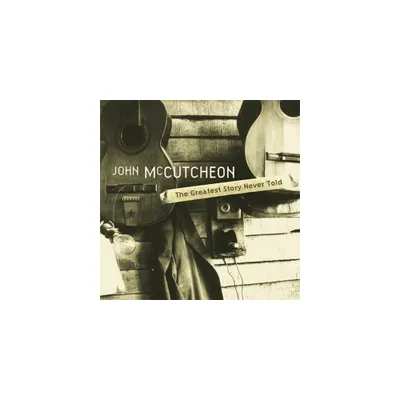
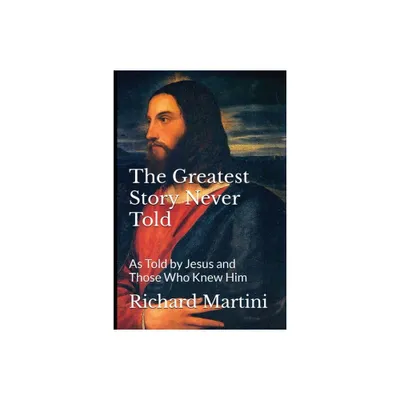




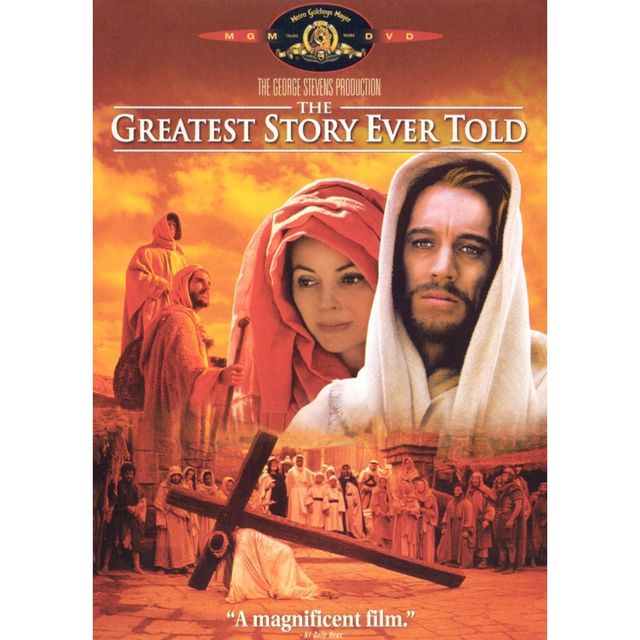
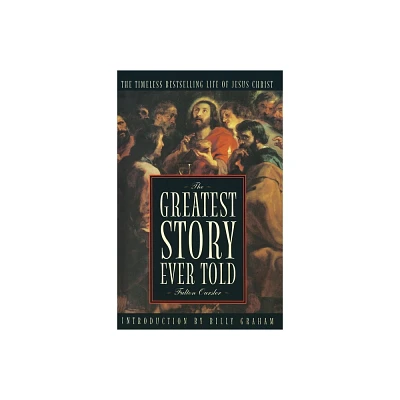
![The The Greatest Story Ever Told [LP/CD]](https://prodimage.images-bn.com/pimages/0614511848725_p0_v1_s600x595.jpg)
